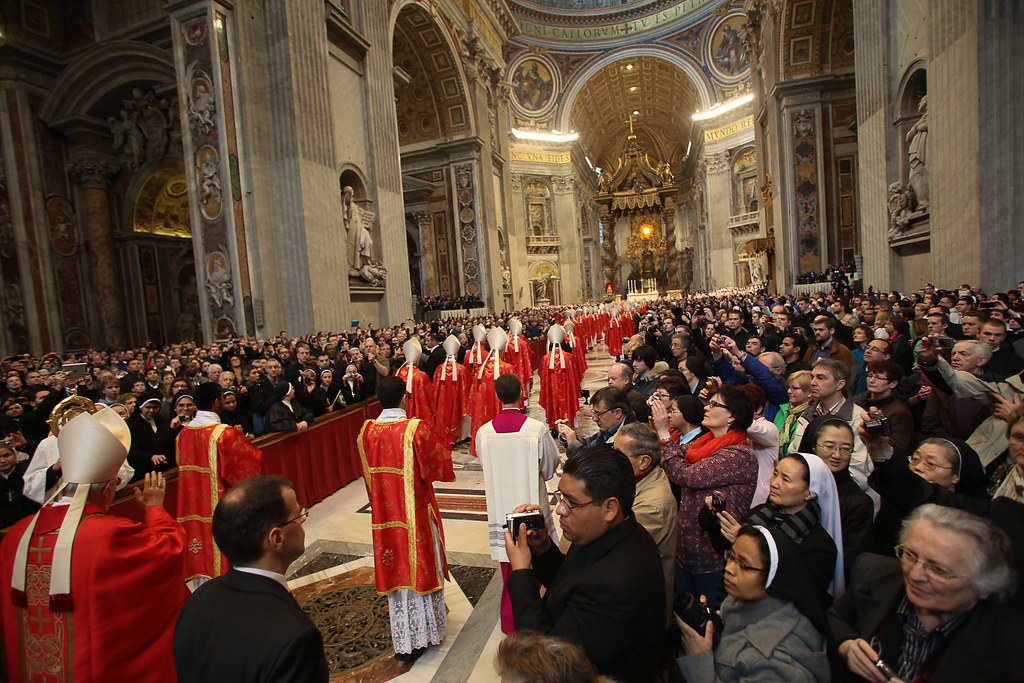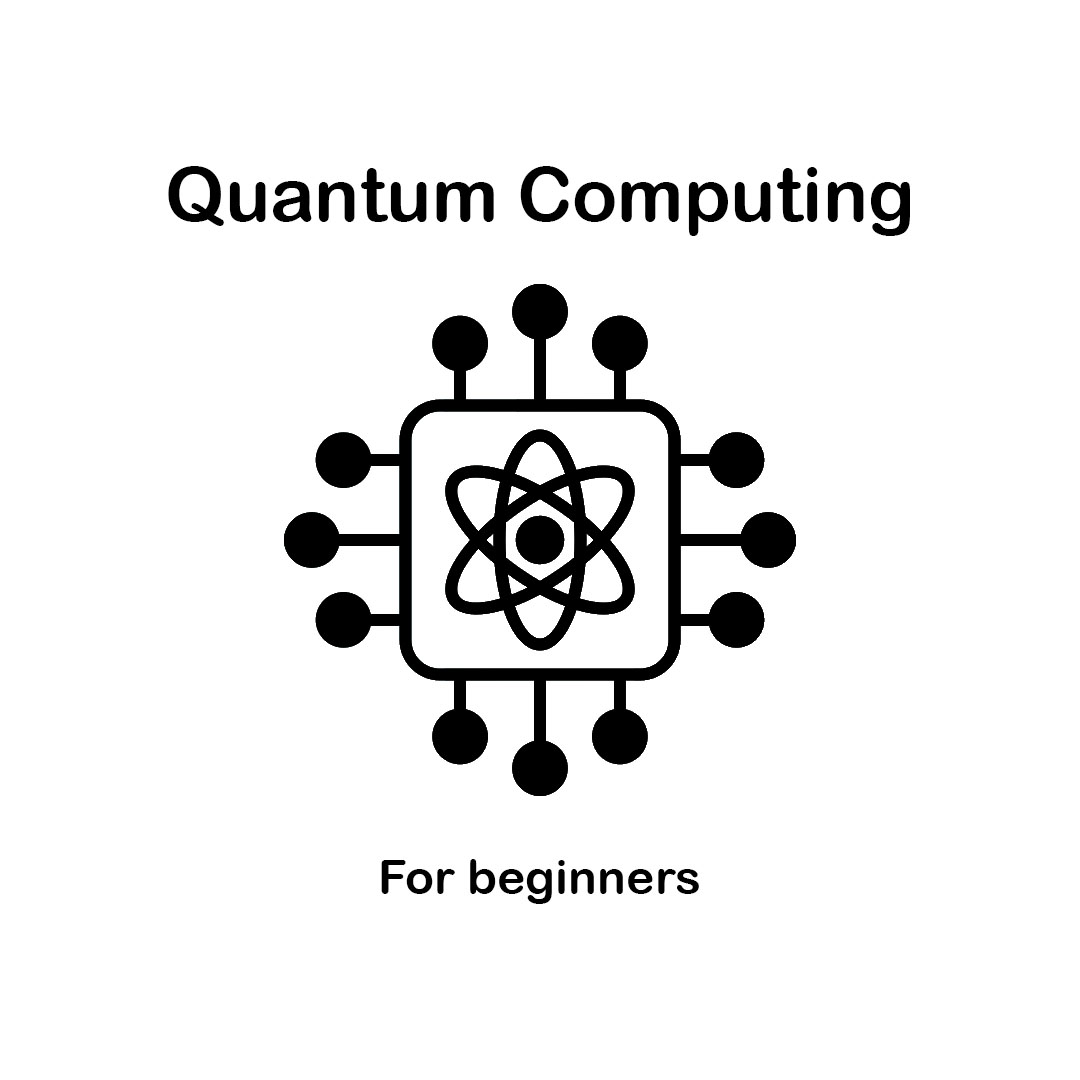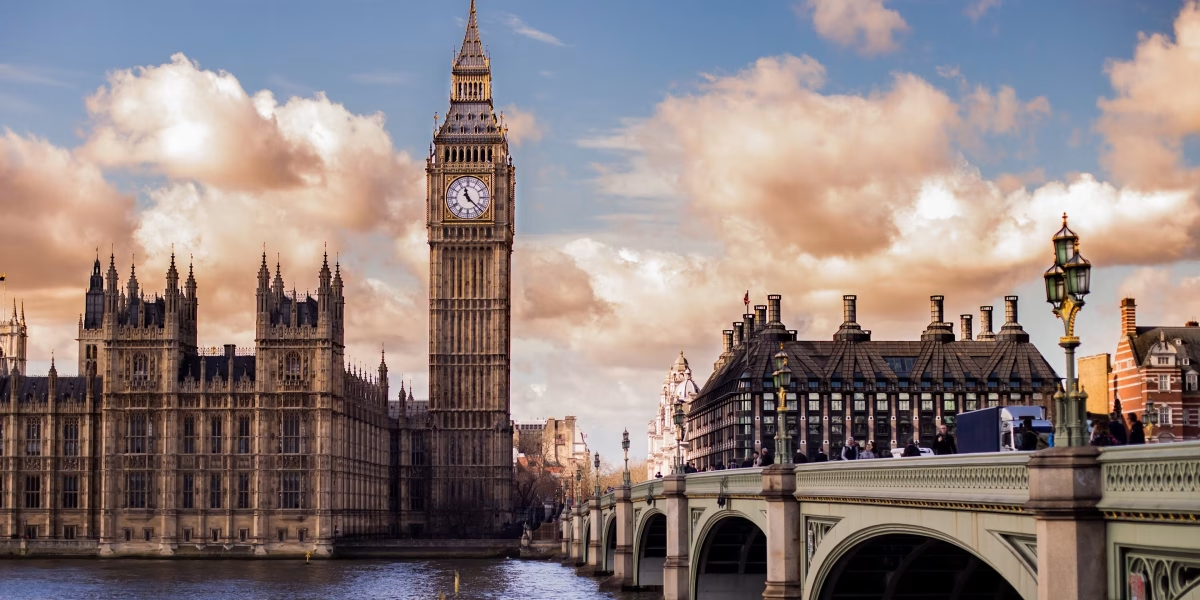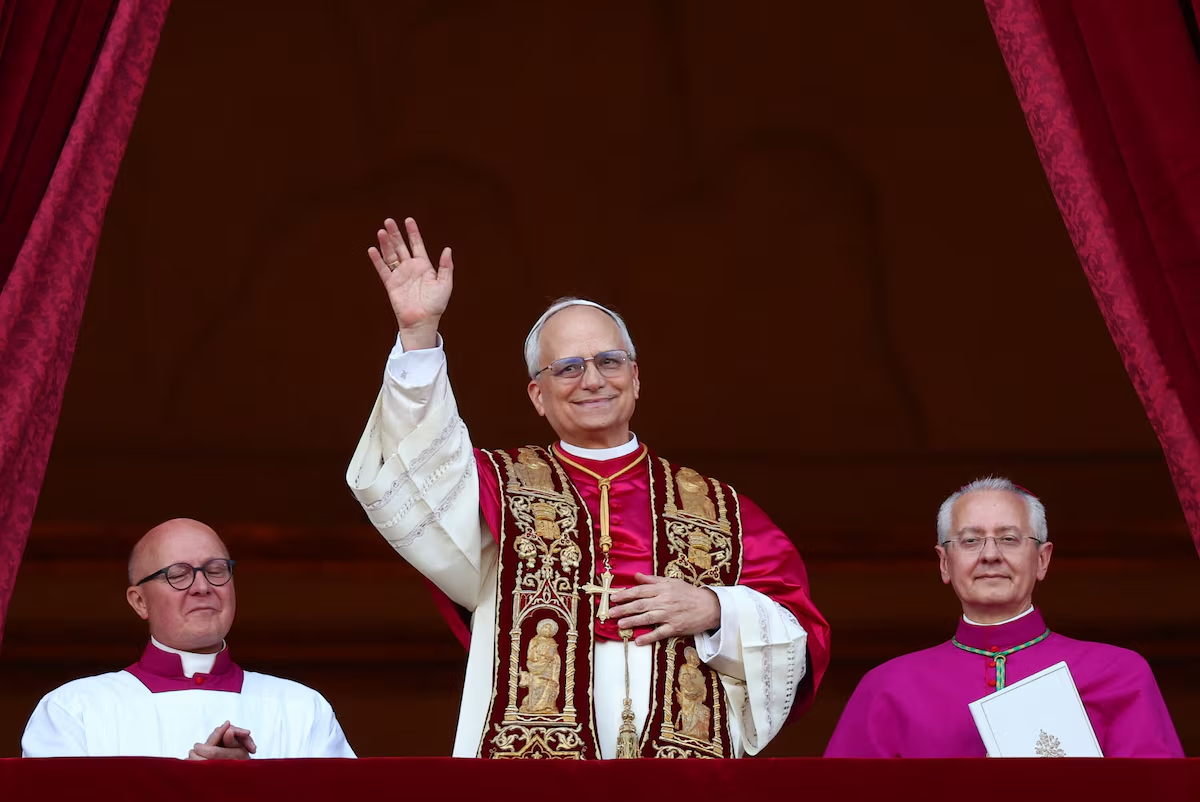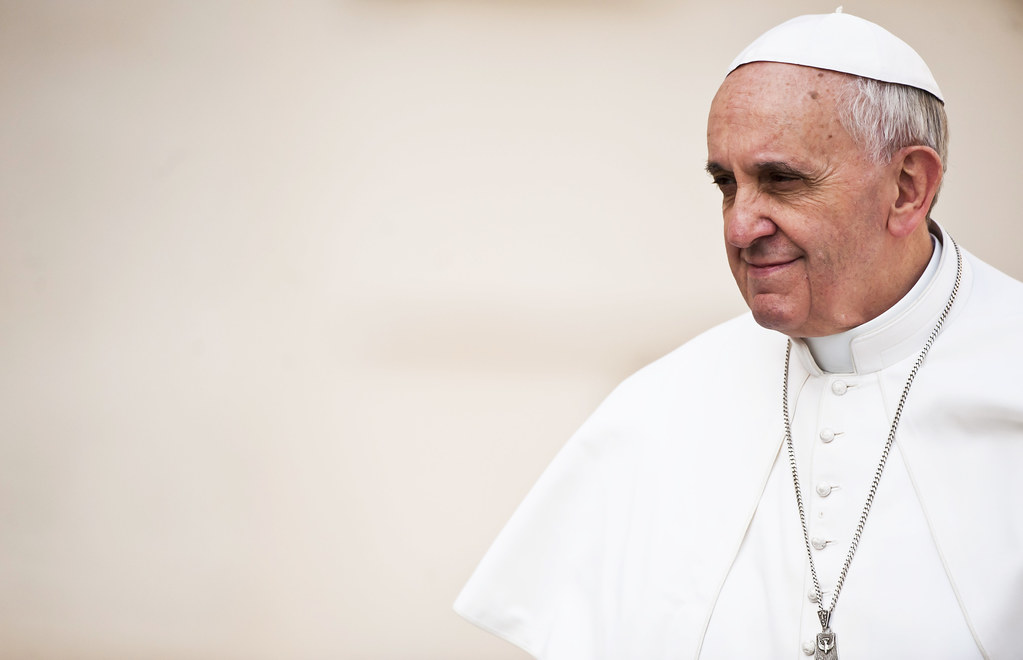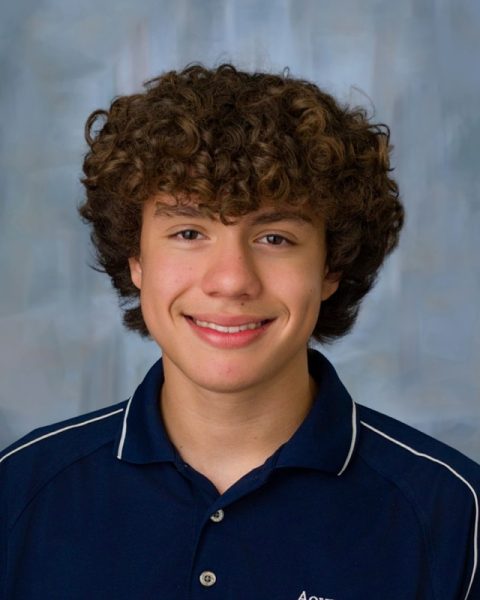The office of the Pope, as the head of the Catholic Church, has existed since the 1st century. The Roman Catholic Church traces the origins of the Pope to the apostle Peter, who is recognized as the first Pope.
There are many specific details that go into picking a new Pope. For one, a private gathering called a “conclave” is held in the Sistine Chapel, located in the Vatican Palace. Cardinals, who are the only people allowed to vote for the new Pope, stay in the Sistine Chapel until they have chosen a new Pope. The reason for this is so that the cardinals do not have access to the outside world, ensuring a free and unbiased election. The cardinals vote by a secret ballot, and after each vote, the ballots are burned. If the smoke is black, no new Pope has been elected, while white smoke signifies a new Pope has been chosen. Once a new Pope is elected, the senior cardinal deacon announces the news from the balcony of St. Peter’s Basilica, and the new Pope makes his first public appearance.
It is important to recognize that not anyone can be elected Pope. There are many qualifications that one must achieve to be considered for the role of Pope. These qualities include:
- Any baptized Catholic male is technically eligible to be elected Pope.
- The candidate must be capable of accepting the election and the responsibilities as Pope.
- The candidate must be a bishop, and if not already, they must become one immediately.
- The candidate must be 35 years or older.
- They must have studied courses on the Bible, theology, or canon law at the University.
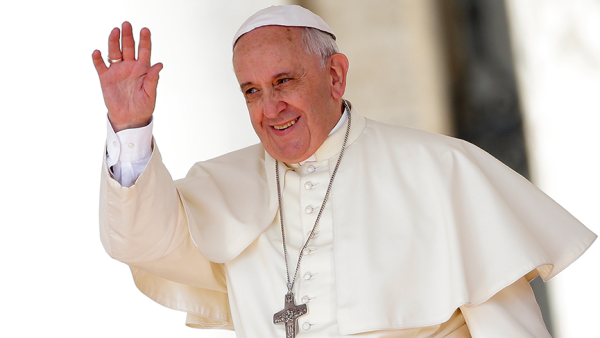
Our current Pope, Pope Francis, was born on December 17, 1936 in Buenos Aires, Argentina. Pope Francis is the 266th Pope of the Roman Catholic Church, and was elected on March 13, 2013. Pope Francis is known for his significant accomplishments regarding humility and simplicity while focusing on social justice and poverty. He is the first Jesuit Pope and the first from the Americas, as well as the first non-European pope in over a millennium.
Since the Popes have such an important role in the Catholic Church, it is crucial to understand the significance of the elections. The Pope is considered the invisible head and leader who represents a direct line of succession from St. Peter, and is seen as a symbol of unity and authority, guiding the Church in matters of faith and morality. This is why it is so important for the cardinals to be considerate and careful about who they pick as the next Pope.

